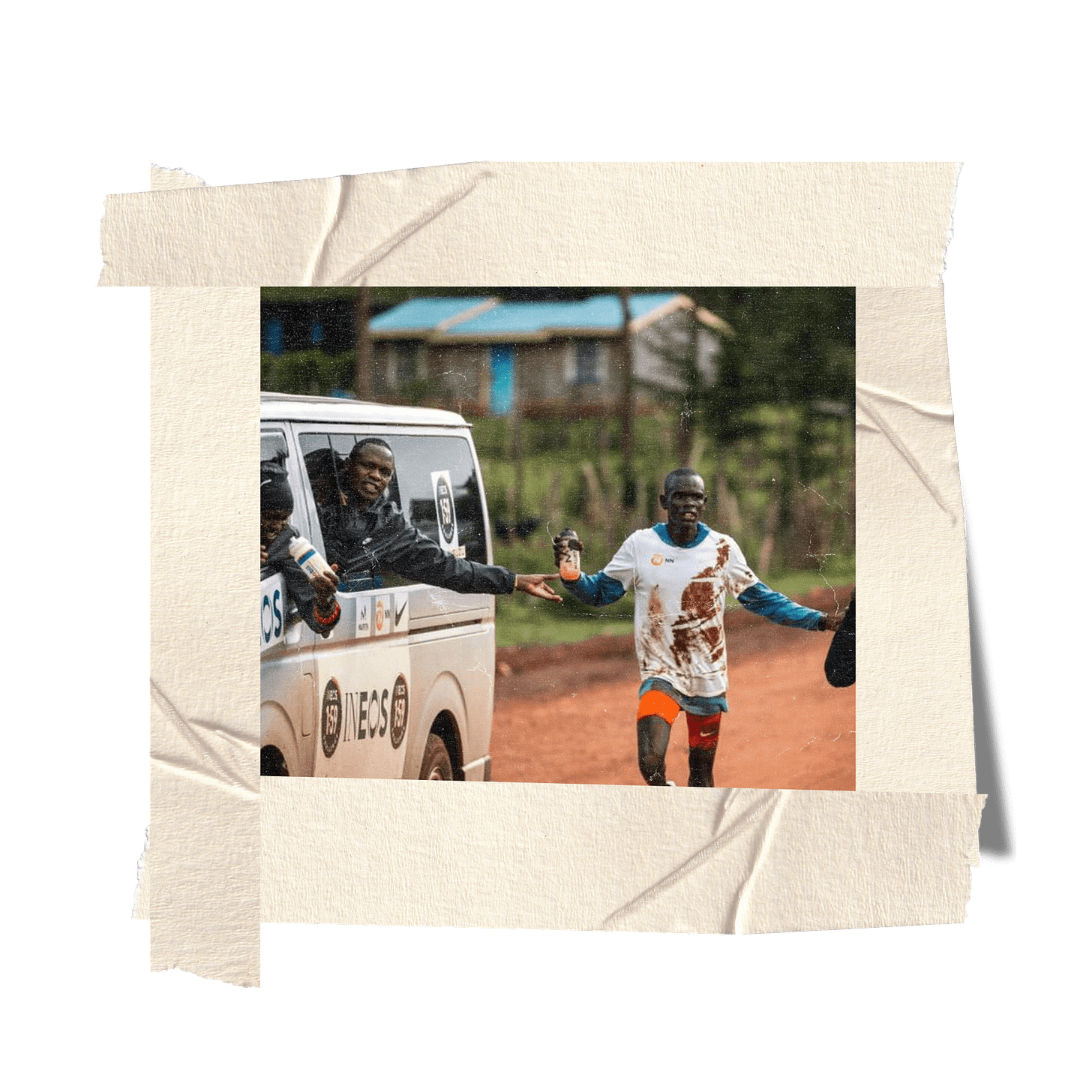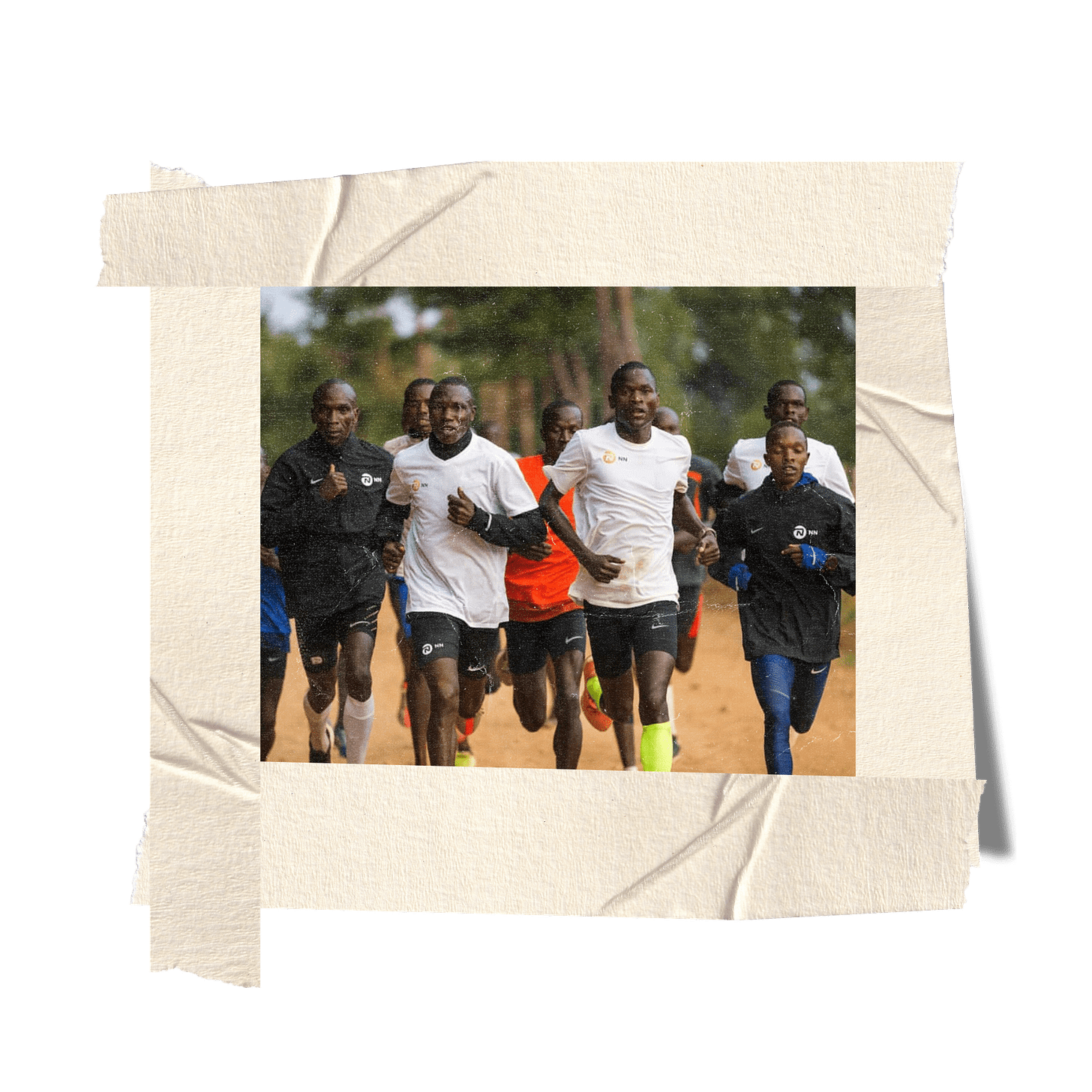Kipchoge training partner caught blood doping - Town Square #2
Rodgers Kwemoi has been banned for six years for abnormalities in his Athlete Biological Passport between 2016 and 2023. He becomes the third athlete coached by Patrick Sang to be caught doping.
It takes considerable time and effort to run this newsletter, and paid subscriptions help greatly. If you would like a group subscription for your organisation please reach out directly at honestsport@substack.com.
Thank you to those of you who have decided to subscribe already.
Help grow this newsletter by sharing it with friends, athletes or colleagues, particularly anti-doping officials, journalists or sports lawyers, who you think would find it useful or interesting. Thank you, Edmund!
Rodgers Kwemoi, a former World U20 champion, has been banned for blood doping over a period of six years. Kwemoi’s results since 2016 will be annulled and as such the runner becomes the first ever Kenyan to be disqualified from the Olympics, where he finished 7th in the 10,000m at Tokyo 2021.
Kwemoi was coached by Patrick Sang and is the second of Sang’s athletes to be banned for abnormalities in their Athlete Biological Passport (ABP), and the third in total to have been caught doping. Sang also coaches the marathon great Eliud Kipchoge and Faith Kipyegon, the reigning 1500m world record holder.
Eliud Kipchoge himself has previously stated that Athletics Kenya should keep note of the coaches of athletes when doping cases arise.
“I asked the federation chiefs one time. ‘How many coaches do you have in the country?’ They told me have 30 (registered), of 300 coaches,” Kipchoge told Al Jazeera in 2023. “I tell them register all the coaches in the whole country with their athletes and if you register them you will know that such and such a coach is dealing with such and such an athlete.”
While his coach Patrick Sang may have indeed been unaware that three of his athletes were doping, Kipchoge’s comments have become unexpectedly ironic. Sang however has said previously that he cannot control everything his children, let alone his athletes do.
The former WADA president Dick Pound nevertheless has previously doubted whether any coach can ever be unaware that their athletes are doping. “As for coaches, in my view, there is no coach worthy of the description who can be unaware of drug use by athletes under her or his care”, said Pound in his book Inside Dope.

The Athletics Integrity Unit, World Athletics’ anti-doping agency, has sanctioned Rodgers Kwemoi for six years for abnormalities in his ABP between July 2016 and August 2023.
The ABP is a sanctioning tool used to detect blood doping indirectly. The ABP monitors an athlete’s blood values for any abnormal variations which may have been caused by the use of erythropoietin (EPO) or blood transfusions. When an athlete injects EPO, a drug used to treat anaemia, it stimulates the production of new red blood cells, known as reticulocytes. Consequently an athlete’s reticulocyte count increases. After three weeks of taking the drug, an athlete’s body will start to see an increase in their blood values, as well as their endurance.
An independent tribunal was “comfortably satisfied” that Kwemoi had been using an erythropoiesis-stimulating agent, such as EPO, between 2016 and 2023 and in some instances dangerously.
Before the 2019 Doha World Championships, where Kwemoi finished 4th in the 10,000m, the disciplinary decision states that Kwemoi’s blood anomalies reflected “exogenous stimulation of erythropoiesis up to a dangerous level”. The experts also believed that Kwemoi had been doping in the lead up to the Tokyo 2021 Olympics. Kwemoi had reticulocyte counts of 2.08% and 2.32% which are at the upper limits of natural physiology. It is generally accepted that there is a 1 in 100 chance that reticulocyte counts above 2.15% are caused by natural processes. According to previous World Athletics disciplinary decisions, reticulocyte counts over 2% are “suggestive of the presence of r-EPO”.
Kwemoi’s legal representation argued that the fluctuations were the result of training at altitude, which can also raise blood counts, but Kwemoi’s readings were so high it was concluded that he had been taking EPO, or a similar drug.
“The use of blood manipulation over a prolonged period by the athlete was intentional,” the ruling reads.
Before Kwemoi was provisionally suspended in 2023, he trained both in Japan with the Kogyo Corporate team, and on the NN Running Team at the Global Communication camp in Kaptagat, Kenya.
Kwemoi was coached by Patrick Sang and managed by Global Sports Communication, run by the Dutch agent Jos Hermens.
Before becoming a coach, Sang was a successful athlete and won a silver medal in the 3000m steeplechase at the 1992 Barcelona Olympics and competed for the University of Texas.
In 2019, another of Sang’s athletes, Cyrus Rutto, was also sanctioned by World Athletics for ABP abnormalities in 2019. Rutto made the final of the 10,000m at the 2017 World Championships in London.
While there was no suggestion of wrongdoing on behalf of Sang and Kipchoge, Rutto’s agent Michael Boeting, who used to work under Jos Hermens at Global Sports Communication, was quick to distance Kipchoge from Rutto.
Sang recruits and trains talent primarily for Boeting’s One4One Sports, where Rutto trained, and Jos Hermens’ Global Sports Communication. While athletes from both camps train together, Boeting said that Kipchoge and Rutto were in separate groups.
“[Kipchoge is in the] marathon group and [Rutto] is a track athlete. So it’s not like they train together. Track sessions are separate. The long run [with the marathoners], he doesn’t go for those long runs. It’s separate,” said Boeting, who also represented David Rudisha.
While this may have indeed been the case, less than three years later “one of the strongest training partners of Kipchoge” was caught doping.

In 2022, Philemon Kacheran Lokedi, who has a personal best of 2:05:19 in the marathon, tested positive for synthetic testosterone and promptly admitted the offence in order to receive a one-year reduction to a four-year sanction. Kacheran, who was also trained by Patrick Sang, was not able to demonstrate that the “Anti-Doping Rule Violations were not intentional”.
Sang told The Telegraph before Kacheran’s case that his training camp provides a wholesome environment to help his athletes avoid doping.
“So I don’t want to claim that I have full control over everything they do. Even my kids I don’t have full control over what they do”, said Sang. “But it gives an environment (his camp) where you can easily see people and get the right messages to people. You can easily monitor and control the negative influences coming in. In terms of total control, I can’t. But we have very strong-minded athletes.”
“Officially” Kacheran, Kwemoi and Rutto have now all been found to have knowingly cheated.
While Sang, and Kipchoge, may very well have been unaware of the trio’s doping, the cases serve as a reminder that the innocence of athletics in the Kenyan highlands was shattered long ago.
To quote Eliud Kipchoge, "Doping is a menace, it's a really bad thing in this world. It really kills the credibility of the Kenyan government, Kenyan athletes."
Please support my Substack - Like, Share, Subscribe.





